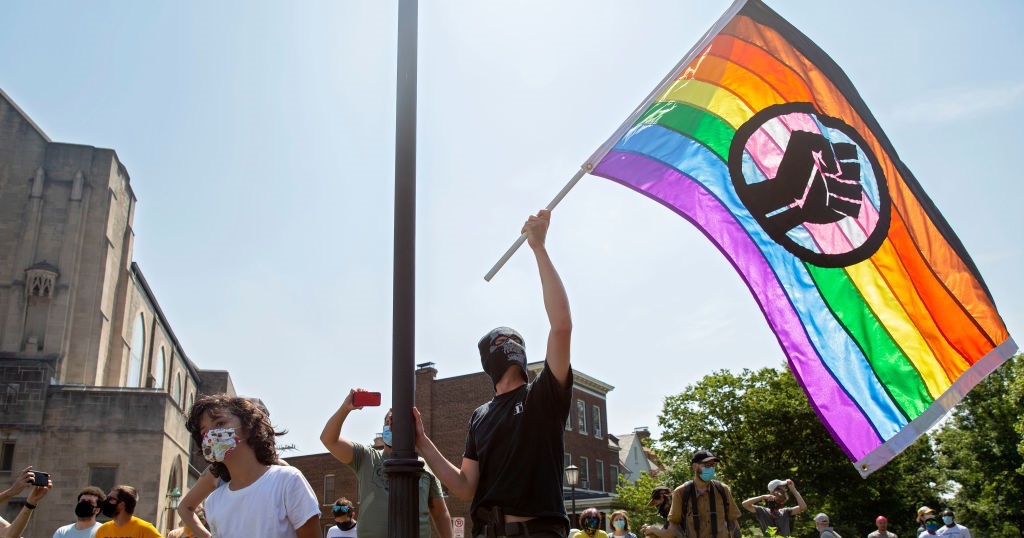Ever since “red states” and “blue states” entered our popular lexicon in the weeks following the 2000 election, Americans have understood that our country’s citizens have taken two divergent paths at the fork in the road. Twenty years later, the possibility that those paths will converge one day seems more and more remote. That is why a word that has long been forbidden in American discourse has gained traction in recent years: secession.
In most Americans’ minds, “secession” conjures up images of the Civil War, slavery, and racism. It represents the darkest and bloodiest hour of our nation’s history, when families were divided and brother fought against brother. Because the term is linked in our minds to a long and nearly crippling war, we naturally recoil at the idea of secession. Additionally, the mythology subconsciously espoused by many Americans that our country is divinely ordained to extend freedom throughout the world makes the suggestion that America could decrease in size unfathomable to most of us.
Yet, people are now talking seriously about the possibility of secession. The proximate cause is the shenanigans associated with the most recent presidential election. A large number of Americans believe that the candidate likely to be sworn in on January 20, 2021 was the beneficiary of fraud on a large scale. If this is the case, then the political system is fundamentally broken; an increasing number of Americans are questioning the efficacy of continuing the charade of a united country.
So, can a Catholic support the idea of secession?

